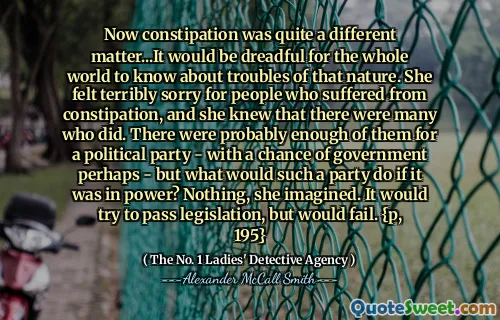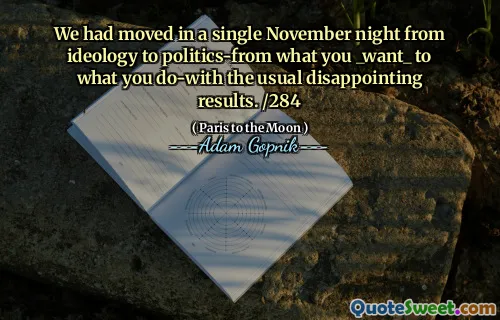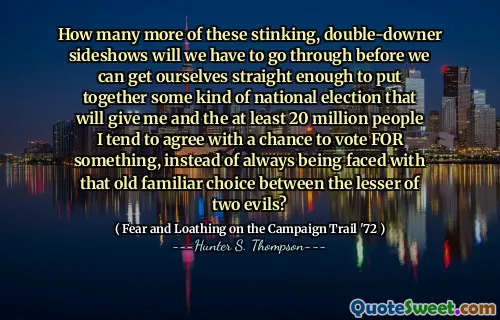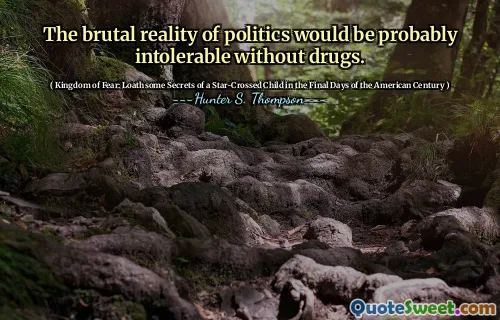
If you can't convince them, confuse them.
This quote highlights a strategic approach often used in persuasion and communication. Sometimes, when individuals face difficulty in convincing their audience through straightforward arguments, they resort to creating confusion instead. This tactic can serve to divert attention, obscure the truth, or weaken the opposing viewpoint by overwhelming with complexity or ambiguity. While effective in certain manipulative contexts, relying on confusion rather than clarity can lead to misunderstandings, mistrust, and a lack of genuine resolution.
In various settings—whether in politics, marketing, or everyday debate—confusing an opponent or audience might achieve short-term goals. However, it risks damaging credibility and undermining meaningful dialogue. Clear communication builds trust and understanding, fostering constructive engagement. Using confusion as a tactic can also reflect a lack of confidence in one's position, opting instead to muddle the waters to avoid direct confrontation.
This quote implicitly warns us about the importance of transparency and honesty in communication. It reminds us to consider the ethics behind how we present our ideas and the value of clarity in fostering genuine understanding. It also serves as a cautionary note: employing confusion as a means of influence is often a superficial strategy that can backfire in the long run, eroding relationships and damaging reputations. Ultimately, authentic persuasion relies on convincing others through clarity, integrity, and well-founded arguments rather than through obfuscation.
In personal and professional life, recognizing when someone is using confusion as a tactic can help us navigate interactions more effectively. It encourages us to seek clarity, ask questions, and demand evidence, thus promoting more honest and transparent exchanges.











